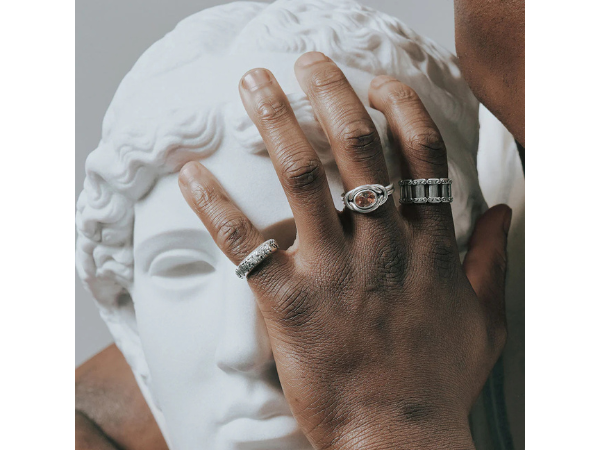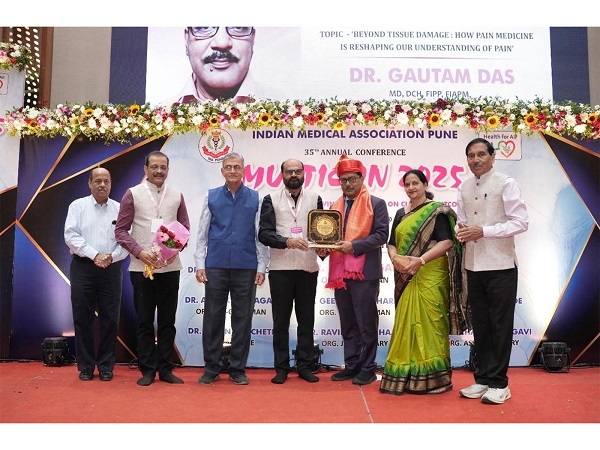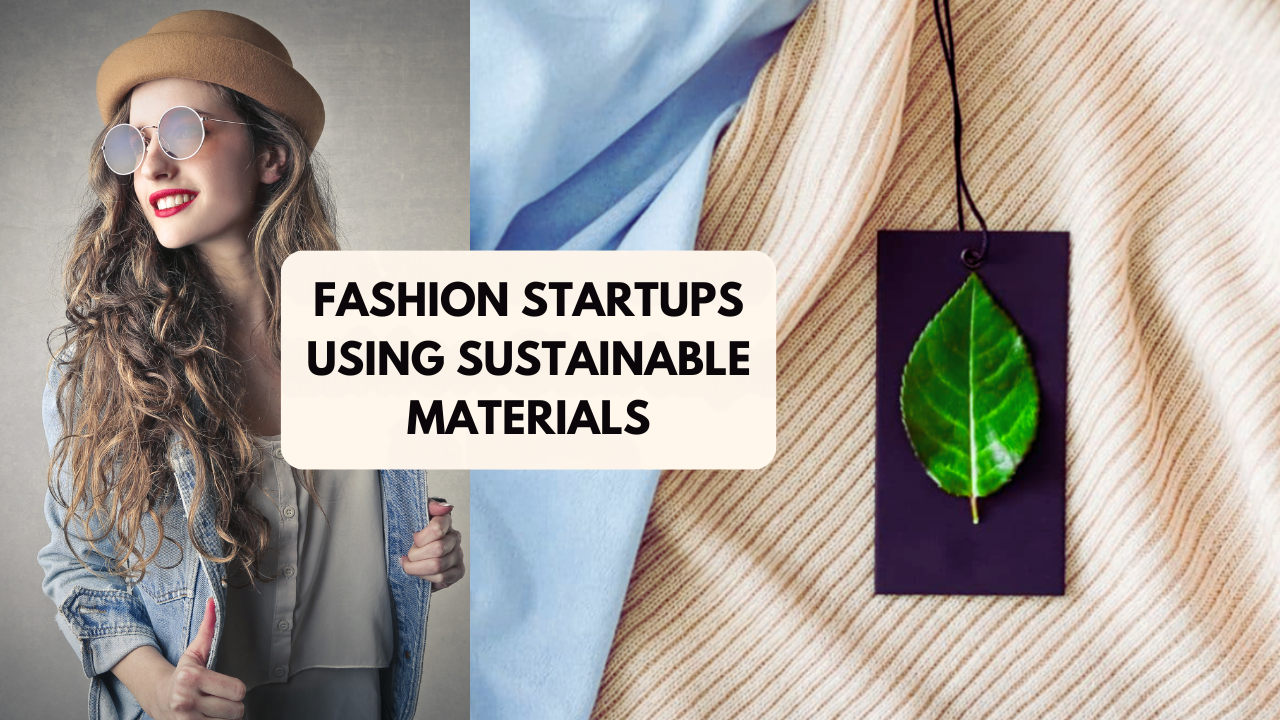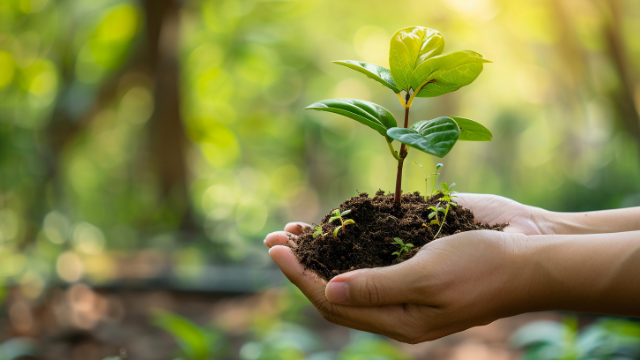Sustainable fashion is reshaping the industry as consumers demand eco-friendly alternatives to fast fashion. In 2025, startups are leading the charge by innovating with sustainable materials that reduce environmental impact without sacrificing style. Here are the top five fashion startups using sustainable materials, driving a greener future.
Why Sustainable Materials Matter
The fashion industry accounts for about 10% of global carbon emissions, with traditional materials like cotton and polyester taxing resources heavily. Startups are tackling this by using recycled, bio-based, and low-impact fabrics, cutting waste and pollution while meeting the growing demand for ethical clothing.
1. Unspun
Unspun is revolutionizing denim with 3D weaving technology that creates custom-fit jeans on demand, eliminating inventory waste. Based in Oakland, California, they use sustainable materials like organic cotton and recycled fibers. In 2025, Unspun is scaling its micro-factories globally, reducing shipping emissions and bringing production closer to consumers. Their innovative approach earned them a $32 million funding round in 2024.
2. Pangaia
Pangaia, a London-based brand, blends science and style, using bio-based materials like seaweed fiber, eucalyptus pulp, and recycled cotton. Their vibrant activewear and essentials prioritize closed-loop systems, encouraging garment recycling. In 2025, Pangaia is launching a new line of compostable sneakers, furthering their mission to minimize reliance on virgin resources. Their transparency and bold designs keep them at the forefront.
3. Ambercycle
Los Angeles-based Ambercycle is redefining textile recycling with its proprietary technology that breaks down post-consumer waste into high-quality fibers. Their Cycora® material, made from recycled polyester and cotton blends, is used by brands like Stella McCartney. In 2025, Ambercycle is expanding partnerships with major retailers, aiming to divert millions of tons of textile waste from landfills annually.
4. Tega Collective
Founded in Hyderabad, India, in 2022, Tega Collective combines indigenous craftsmanship with modern design, using organic cotton, hemp, and handwoven khadi. They collaborate with Adivasi artisans in Karnataka, ensuring fair wages and low-impact production. In 2025, Tega is introducing a modular clothing line that encourages repair and reuse, gaining traction for its cultural and sustainable ethos.
5. Hibiscus Heroes
Bengaluru’s Hibiscus Heroes, launched in 2020, crafts minimalist apparel using plant-based fabrics like lyocell, modal, and natural dyes from annatto seeds and palash flowers. Inspired by Auroville’s eco-practices, founder Sowmya prioritizes low-water materials over conventional cotton. In 2025, they’re expanding into menswear with zero-waste patterns, appealing to eco-conscious urbanites.
What Sets These Startups Apart
These startups stand out for their innovative materials and commitment to circularity:
- Tech-Driven Solutions: Unspun and Ambercycle use cutting-edge tech to reduce waste.
- Cultural Impact: Tega Collective and Hibiscus Heroes preserve artisanal traditions.
- Scalability: Pangaia’s global reach shows sustainability can go mainstream. Their focus on transparency—sharing carbon footprints and supply chain details—builds consumer trust.
How to Support These Brands
Join the sustainable fashion movement with these steps:
- Shop Smart: Choose their products for quality and impact over fast fashion.
- Learn More: Follow their websites or social media for updates on new launches.
- Advocate: Share their stories to inspire others to prioritize eco-friendly fashion.
The Future of Sustainable Fashion
In 2025, expect more startups to adopt biofabrication, like lab-grown leather, and blockchain for supply chain transparency. With consumer awareness growing—global pre-owned clothing sales hit $211 billion in 2023—these innovators are paving the way for a circular, low-impact industry.
Conclusion
Unspun, Pangaia, Ambercycle, Tega Collective, and Hibiscus Heroes are proving that fashion can be stylish and sustainable. By prioritizing materials like recycled fibers, plant-based fabrics, and natural dyes, they’re reducing the industry’s environmental footprint. Watch these startups in 2025—they’re dressing the world in a greener tomorrow.








